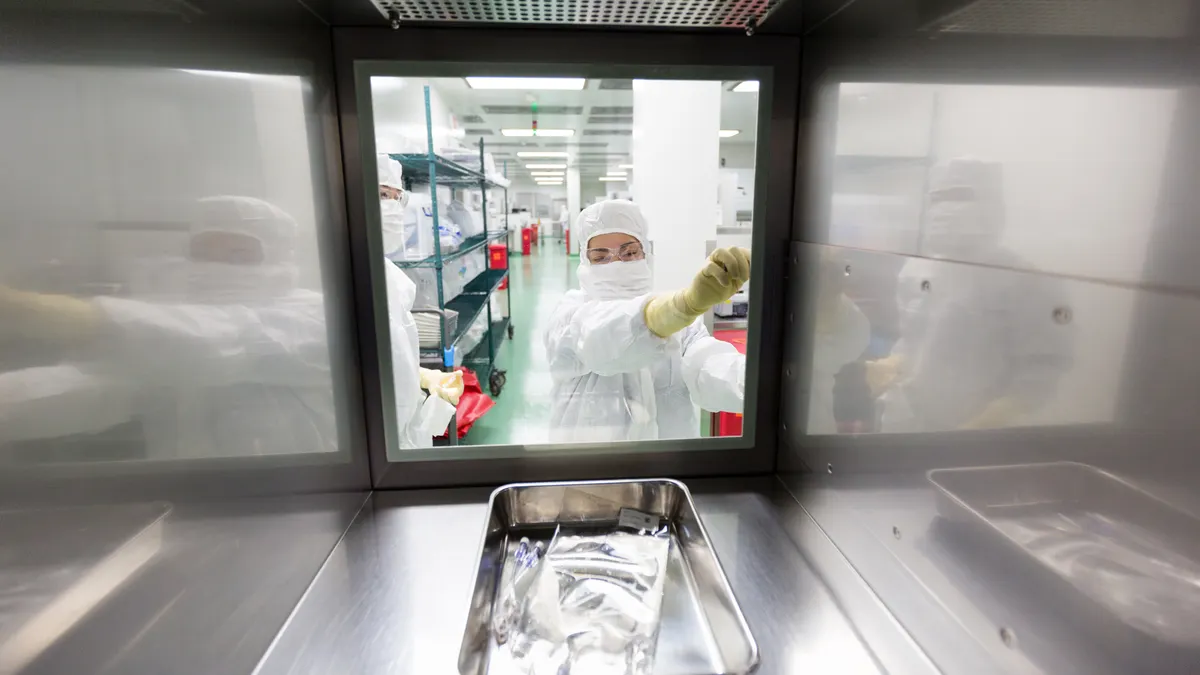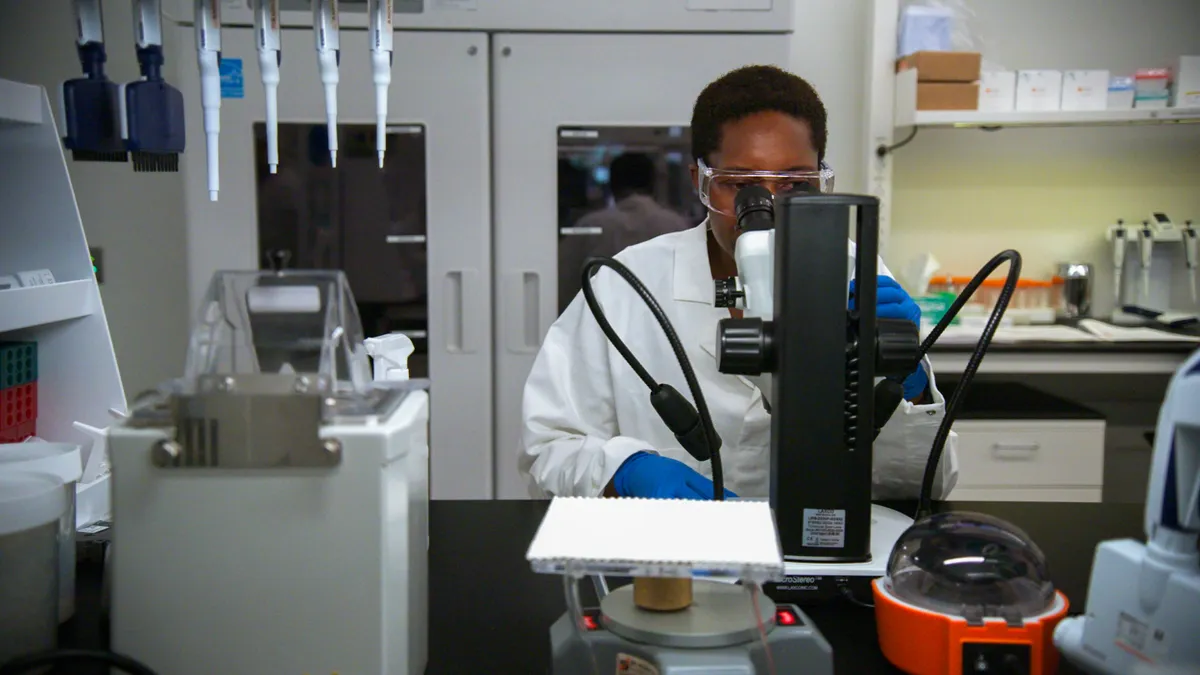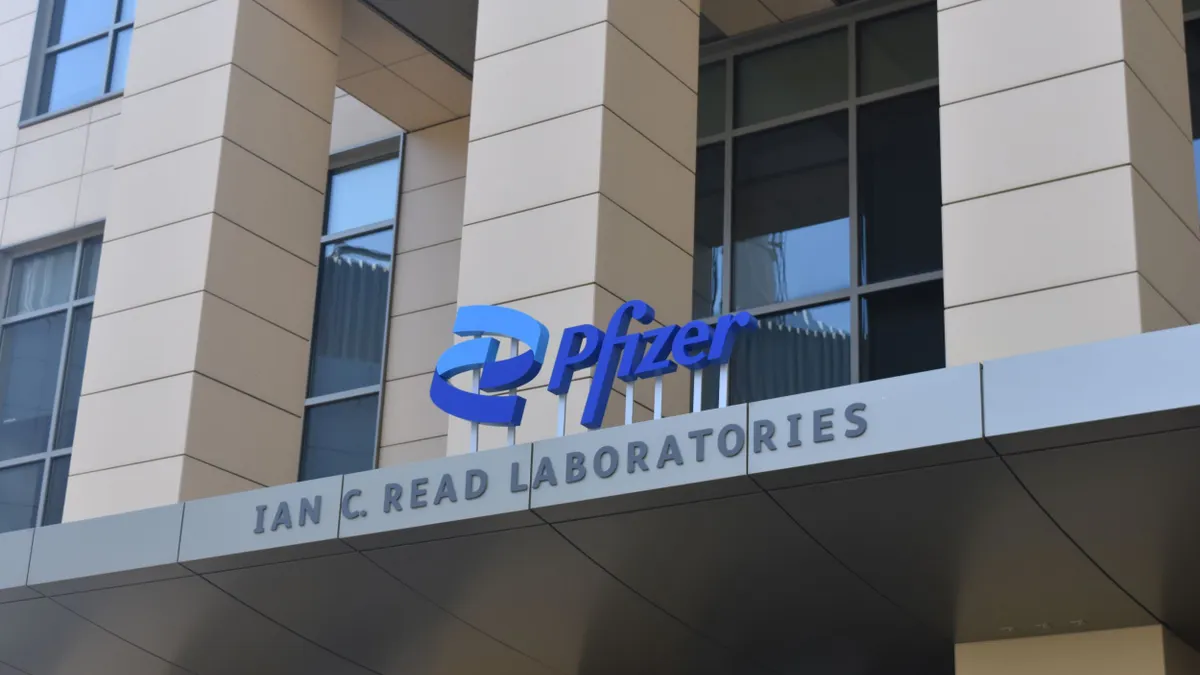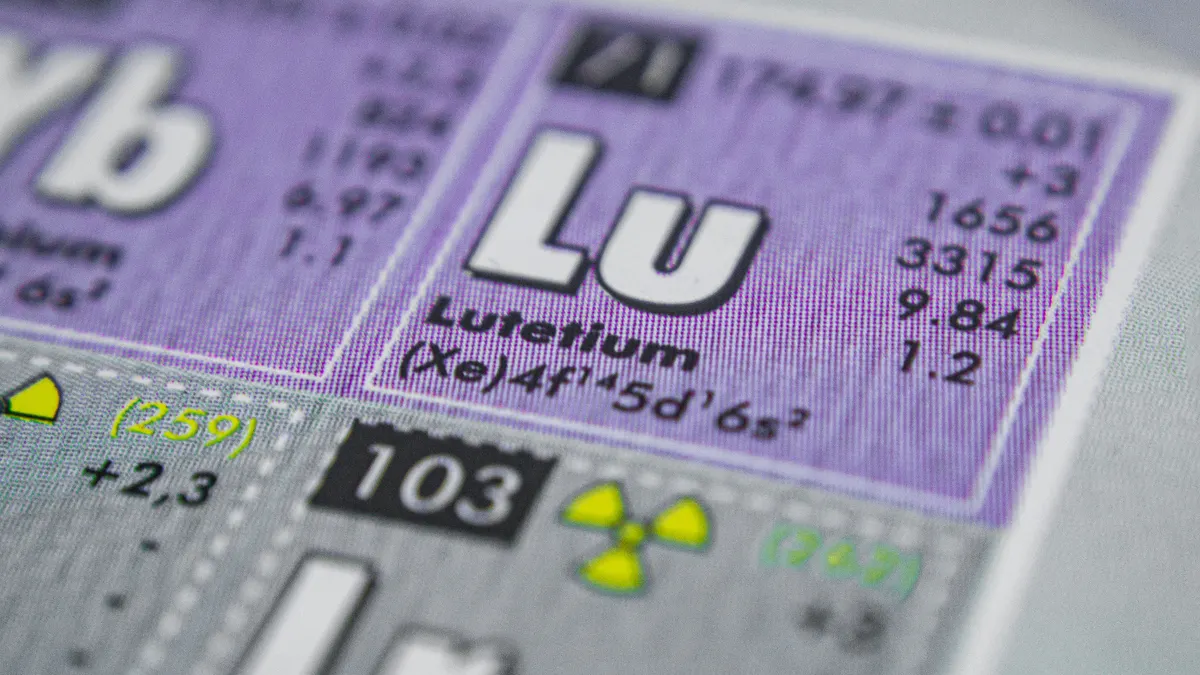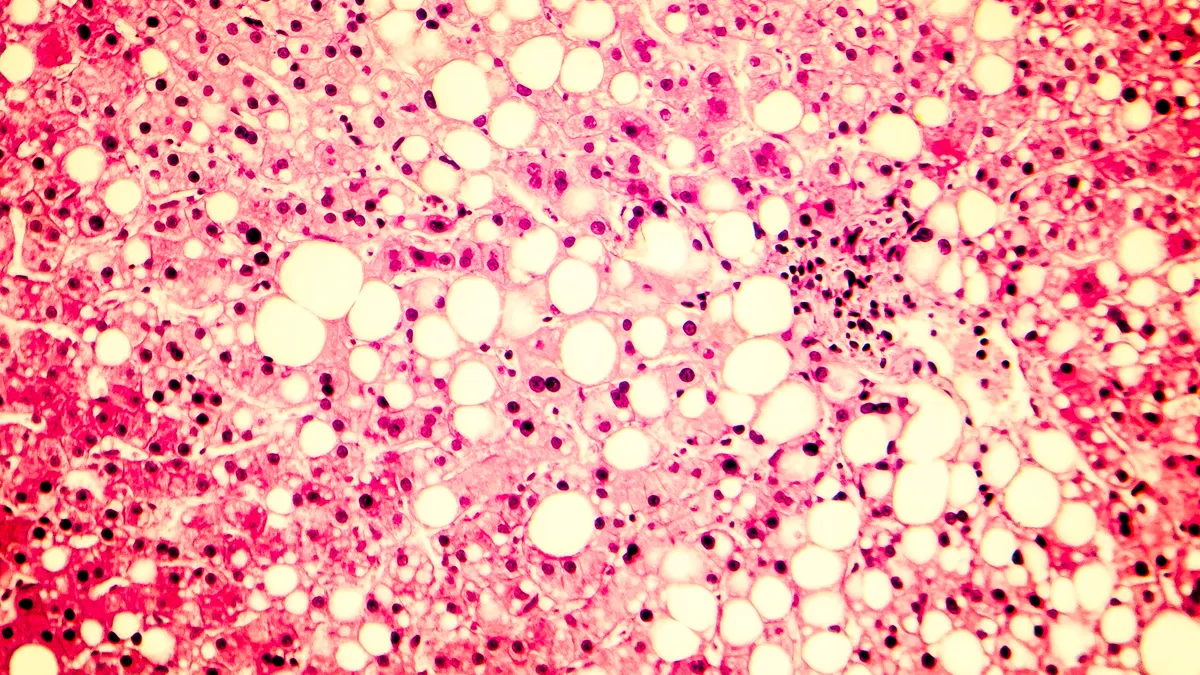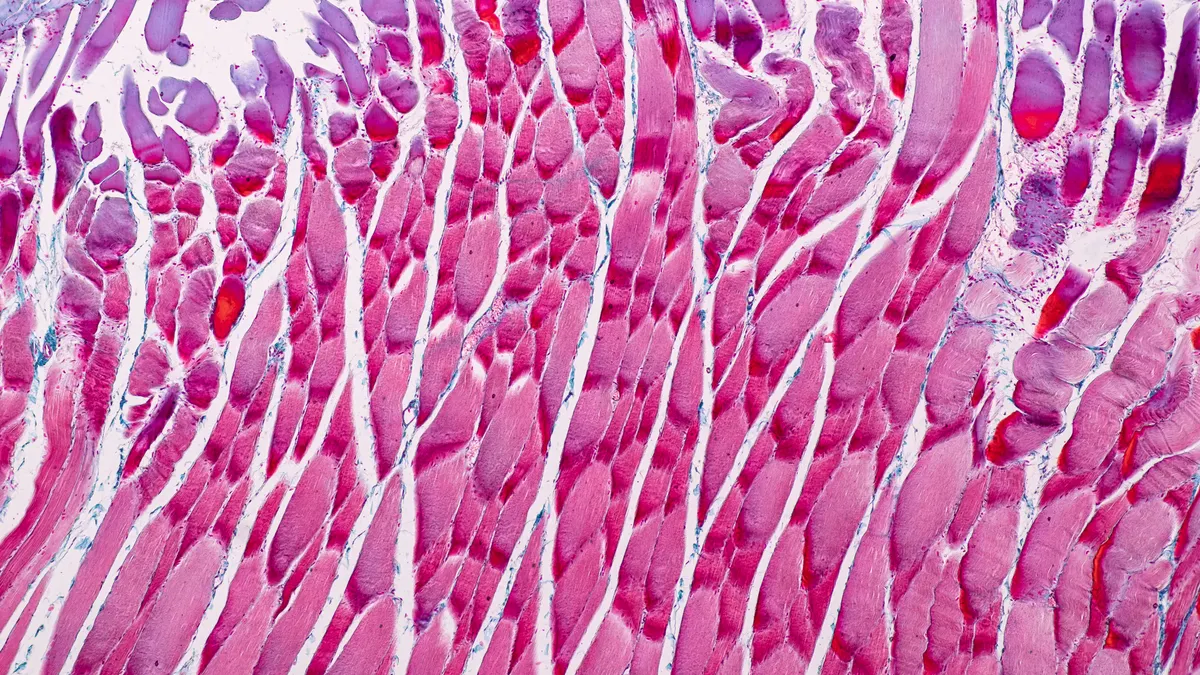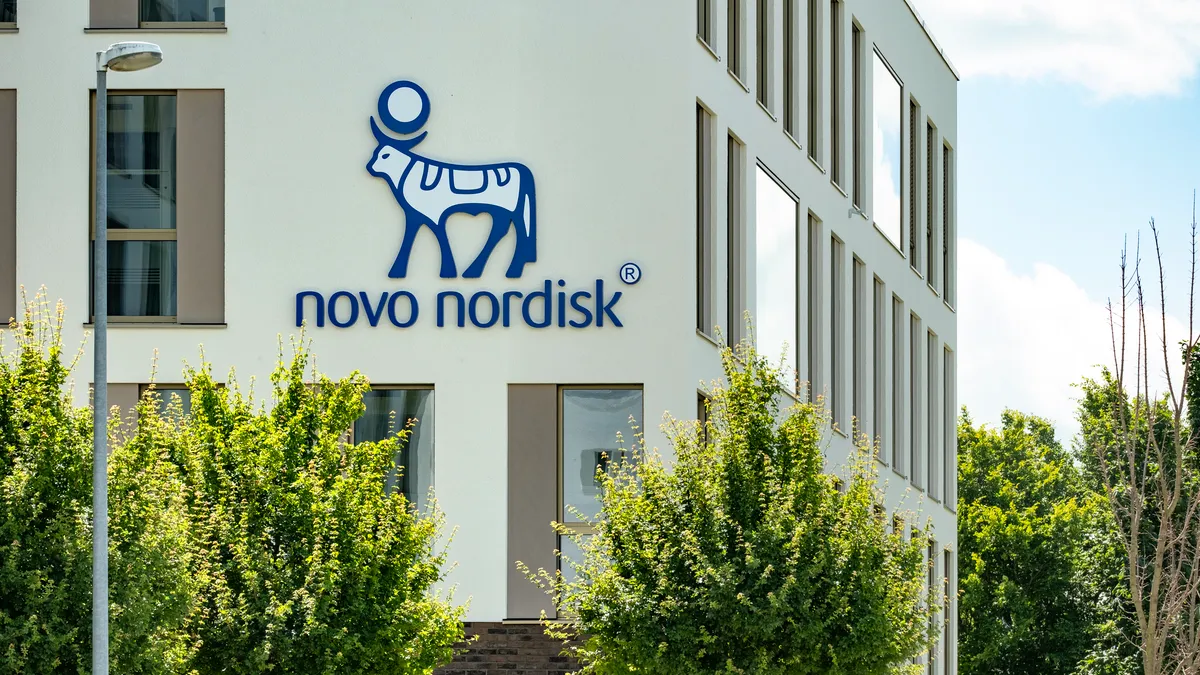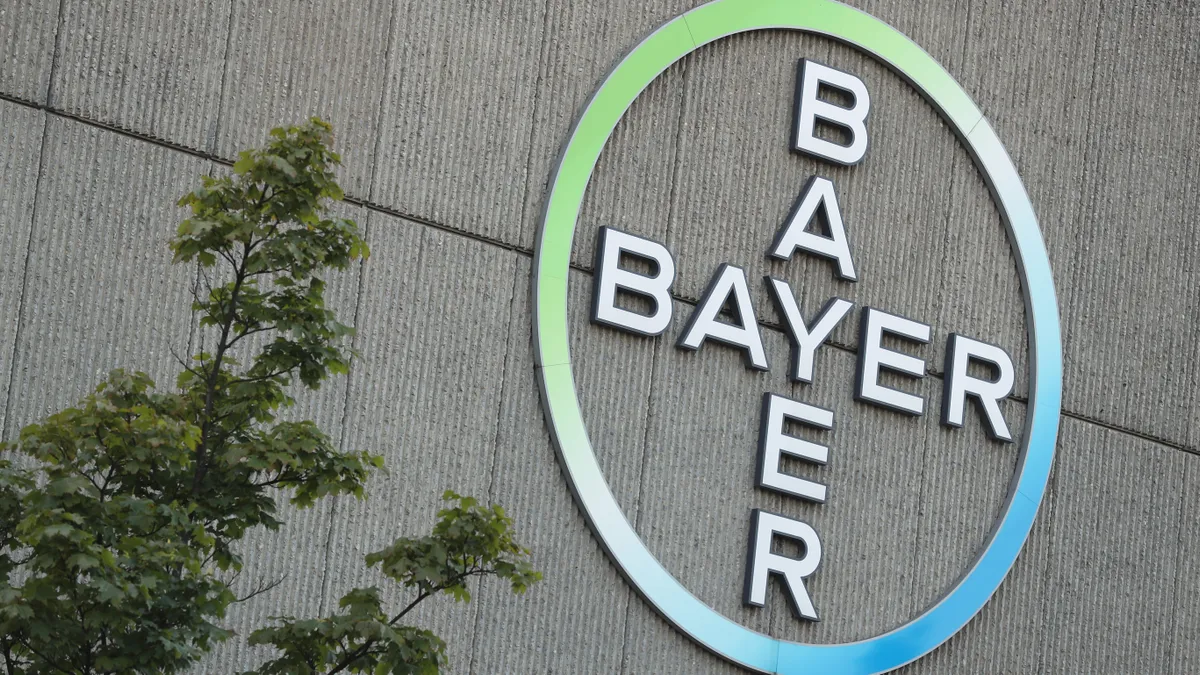In the span of just five months, Gilead Sciences Inc. and Celgene Corp. — both large-cap biotechs with long-term growth worries — each made major bets on the potential of cancer cell therapies.
With two of the three largest biotech deals in the last 12 months, Gilead's purchase of Kite Pharma and Celgene's buy of Juno Therapeutics injected a combined $20 billion into the emerging field.
This M&A activity should further catalyze investment into the industrial ecosystem around CAR-T cell therapy. Further technological advances from third party companies, such as cell engineering specialists or cold chain shippers, will be needed to address CAR-T's current shortcomings.
At the same time, the acquisitions will bring weighty sales expectations in a space still very much in early days. Analysts expect each of the leading CAR-T therapies to eventually pull in $1 billion or more in annual sales, while company estimates range even higher. Slow uptake, unexpected clinical hurdles or challenges moving into earlier lines of treatment, though, could try investor patience.
Laying down tracks
Novartis AG and Gilead, the latter which scooped up Kite last October, own the first and second U.S. approvals of CAR-T cell therapies, in acute lymphoblastic leukemia (ALL) and diffuse large B-cell lymphoma (DLBCL), respectively.
Juno, which had once been considered an early leader, fell behind after shuttering its initial lead candidate in lymphoma following five patient deaths. The Seattle biotech has since recovered, developing a successor CAR-T in DLBCL that it believes stands a chance of being best-in-class. A regulatory OK could come as soon as next year, if all goes well.
With Celgene's pick-up of Juno in January, CAR-T's near-term commercial opportunity now rests squarely in the hands of three large biopharmas, which can tap their broader resources to cut a path forward for the uniquely complex treatments.
"[The deals] help to set somewhat more precedented pathways for development and commercialization of these therapies," said Michael Gladstone, a principal at Atlas Venture, in an interview. "Ultimately, those guys are going to be able to lay the regulatory, reimbursement and clinical tracks on the road."
Novartis is already experimenting with outcomes-based payment schemes for its therapy Kymriah. Both the Swiss pharma and Gilead are in the midst of training and certifying dozens of medical centers across the U.S. to administer the therapies — a roadmap second-generation companies could eventually follow.
Select list of CAR-T therapies in development
| CAR-T product | Drugmaker (s) | Cancer type | Phase |
|---|---|---|---|
| bb2121 | bluebird bio/Celgene | Multiple myeloma | 2 |
| LCAR-B38M | Nanjing Legend Biotech | Multiple myeloma | 1/2 |
| UCART19 | Cellectis/Pfizer | ALL | 1 |
| BPX-601 | Bellicum Pharmaceuticals | Pancreatic cancer | 1 |
| CD33-targeted CAR | Ziopharm Oncology | AML | 1 |
| MB101 | Mustang Bio | Glioblastome | 1 |
SOURCE: Companies, clinicaltrials.gov
Picks and shovels
At the same time, investment by large-cap biopharmas will have ripple effects that go beyond the CAR-Ts currently on or nearing market.
"As in much of biotech, advances come not only from the science side but [also] from the tech side," said Paul Rennert, co-founder and chief scientific officer of the CAR-T company Aleta Biotherapeutics.
"The equipment makers aren't standing still waiting for the cell therapy community to tell them what to make. They are inventing and investing in bench top solutions for cell therapy."
These types of advances are all the more important in CAR-T, which involves the extraction, genetic modification and subsequent re-infusion of a patient's own T cells.
"The equipment makers aren't standing still waiting for the cell therapy community."

Paul Rennert
Co-founder, CSO, Aleta Biotherapeutics
U.K.-based Oxford BioMedica plc, for example, last year inked a deal with Novartis to supply the lentiviral vectors used by the pharma to genetically enhance patient T cells ex vivo. The three-year deal could result in over $100 million in contingent payments for the British supplier.
Elsewhere, Cryoport Inc. has partnered with both Novartis and Kite (now Gilead) to provide logistics support for commercialization of CAR-T. Under the deals, Cryoport provides the specialized shippers which transport patient cells as well as condition monitoring systems that enable Novartis and Gilead to keep tabs on product in transit.
Bigger companies are getting in on the action, too. GE Healthcare bought the cold chain specialist Asymptote Ltd. and recently made available a technology it says can more reliably thaw frozen cells.
"Having [cell therapy] validated as a genuine therapeutic modality in industry ... will help encourage more investment in the people selling picks and shovels, so to speak," said Atlas' Gladstone, drawing parallels to how antibody contract manufacturing developed.
"Anything that encourages that infrastructure build up from the services providers is very valuable and this gives them the green light to really make those infrastructure investments."
More deals to come?
M&A activity from the likes of Gilead and Celgene could push investment by the field. Just as easily, too, Gilead and Celgene could turn their dealmaking focus to acquiring supplemental technologies.
Already, Gilead has bought Cell Design Labs Inc. for the preclinical company's expertise in better engineering how CAR-T cells behave when reinfused into the patient. And Gilead appears ready to strike further deals.
"We are also working to improve CAR-T therapies and are acquiring next generation technology in the belief that we will be able to develop cellular therapies that can achieve greater responses, lessen side effects and increase the types of malignancies that can be treated," said Gilead CEO John Milligan on a Feb. 6 earnings call, highlighting gene editing as a particular area of interest.
Perhaps not coincidentally, shares in the three public CRISPR gene editing companies rose the following day.
"Everybody else with a big hematological oncology franchise to protect will eventually reach a point ... and conclude 'this may be worth it.'"

Michael Gladstone
Principal, Atlas Venture
Celgene and Novartis might also be looking to bolster their own CAR-T portfolio's with technology like what Gilead picked up from Cell Design, suggested Leerink analyst Geoffrey Porges in a Feb. 14 note.
Other large-cap drugmakers may feel pressure to buy their way into cell therapy, either through an outright acquisition or collaboration deals.
"Everybody else with a big hematological oncology franchise to protect will eventually reach a point where they run the numbers and conclude 'this may be worth it,'" said Atlas' Gladstone.
Johnson & Johnson serves as a case in point. The pharma giant, which boasts a growing blood cancer business, committed $350 million upfront to partner with a Chinese company called Legend Biotech. Little known before last year, Nanjing-based Legend wowed many with impressive data for an anti-BCMA CAR-T aimed at multiple myeloma.
Much to prove
For all of the industry interest in CAR-T, it is still an open question whether cell therapy can live up to lofty commercial expectations.
So far, only several hundred patients have received treatment with CAR-T therapies in clinical studies of the most advanced products. Commercially, that number is even lower — at most a several dozen have received Yescarta or Kymriah.
CAR-T's complexity and safety risks mean the pace of commercial roll-out will likely be more deliberate. And the patient populations Yescarta and Kymriah treat are small, meaning more ambitious sales expectations are contingent on success in earlier lines of therapy ahead of the current relapsed/refractory setting. There, further improvements to CAR-T's safety profile will be needed as the balance between benefit and risk changes for a (relatively) healthier patient
Price tags are another matter. Yescarta lists for $373,000 per patient in DLBCL, while Kymriah costs $475,000 per patient for the smaller ALL indication. While insurers so far seem willing to cover the treatments, CAR-T's clinical advances will mean little if high costs keep the therapies out of reach for a wider set of patients.
For second-generation CAR-T companies, a broader question looms, too. If CAR-T's promise remains limited to certain blood cancers and specific targets like CD19 and BCMA, there may be little room for smaller players to make a mark outside of the shadow of the big pharmas.
"I think it is important to be able to move away from [CD19-targeted CARs] to other CARs," said Rennert. "You do wonder if there is something about these blood cancers that is going to be different than other types of cancer."



